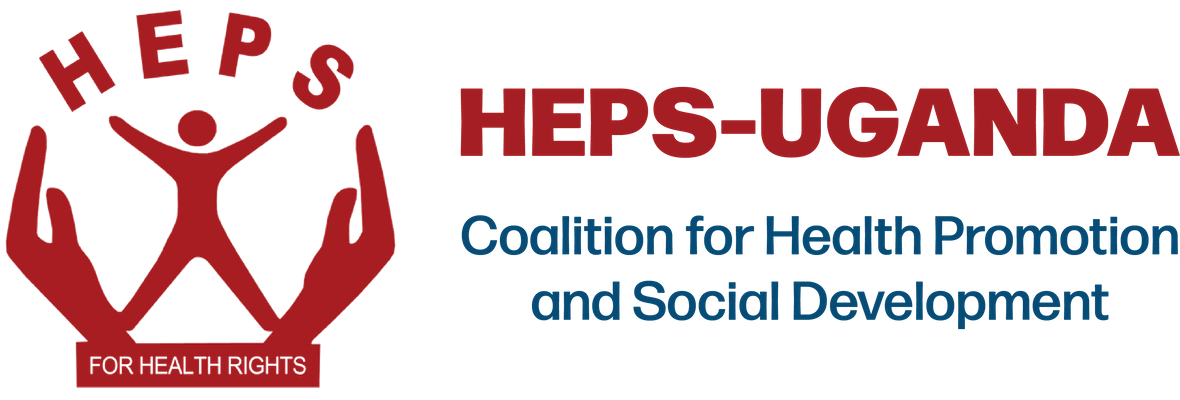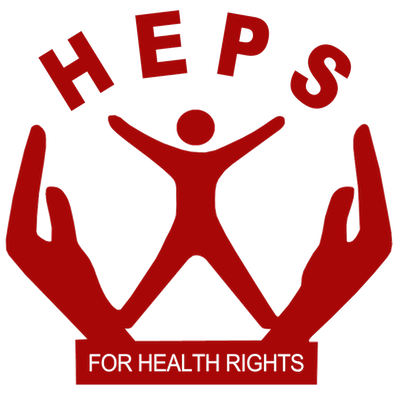On October 24, 2025, Uganda joined the world to observe World Polio Day under the powerful theme: “End Polio: Every Child, Every Vaccine, Everywhere.” For Uganda, this theme is a stark call to action, reflecting the nation’s fragile polio-free status amid persistent regional threats. While the country was certified free of the indigenous Wild Poliovirus (WPV) in 2006, the reality of circulating Vaccine-Derived Poliovirus type 2 (cVDPV2) outbreaks, recently detected through environmental surveillance in locations like Mbale City in May 2024, underscores that the fight is far from over.
The year’s theme hits home because our borders are porous, and movement across the region is high. Regional polio outbreaks are a challenge, fueled by low routine immunization rates and population movements.
As of late 2024/early 2025, Uganda had mostly reported polioviruses through environmental surveillance – from sewage samples – indicating community transmission of the virus, with one such detection reported in 2024.
Our neighbors face more acute outbreaks. Kenya, for instance, reported six poliovirus cases in 2024 alone, leading to urgent, synchronized cross-border vaccination campaigns. Other neighbors, Somalia, Ethiopia, and the D.R. Congo (DRC) continue to register outbreaks.
Polio remains a threat everywhere. This regional vulnerability means we must, as a country, continually ensure our children, especially in border districts, are fully protected to prevent imported cases and stop any local circulation from taking hold. The efforts by partners like the Rotary Movement, with its awareness march and immunization drives, and HEPS Uganda’s outreach activities in districts like Kyankwanzi, Mubende, Kassanda, and Kiboga, are vital to closing these critical immunization gaps, particularly reaching “zero-dose” and under-immunized children.
Routine immunization is the bedrock of any decisive response. The government’s policy, backed by the Immunization Act, must ensure a minimum of three doses of Oral Polio Vaccine (OPV) and one dose of Inactivated Polio Vaccine (IPV) are delivered through routine schedules to build strong, dual immunity in the gut and blood.
HEPS-Uganda’s in Mubende, Kassanda, Kiboga, and Kyankwanzi under our Leave No One Behind (LENOBI) project, supported by the Ministry of Health’s Uganda Expanded Program on Immunization (UNEPI), is just a drop in the ocean. We need a far more aggressive, multi-round synchronized Supplementary Immunization Activities (SIAs) national campaign using the Novel Oral Polio Vaccine in response to c detections. Recent cross-border campaigns with Kenya, which successfully reached millions of children, demonstrate this coordinated approach’s effectiveness in vulnerable, mobile populations.
The policy of integrating polio vaccination with other essential health services, such as health education, vitamin A supplementation, and deworming, will strengthen the health system and improve uptake.
The detection of poliovirus in Mbale’s sewage plant highlights the success of environmental surveillance. Investing in expanding the environmental surveillance network to more high-risk urban and border areas is crucial for early warning before human paralysis cases occur.
The Immunization Act provides a policy framework, but its enforcement must be coupled with community-level advocacy, awareness, and mobilization to overcome vaccine hesitancy.
As advocates, we need to highlight the powerful testimony of polio survivors like Allan Kabaale, who openly speaks about the lifelong challenges of disability. This personal story of resilience, and we quote, “I thank Rotary and all partners for this campaign – so that no one ever has to experience what I did,” is the most impactful tool for convincing parents and communities of the importance of vaccination. It shifts the focus from an abstract health threat to a tangible, preventable tragedy.
Our collective action, from policymakers to community mobilizers and partners, embodies the spirit of unity and hope necessary to achieve permanent eradication. The goal is clear: to ensure no Ugandan child suffers an entirely preventable fate.
Read more HEPS-Uganda@25’s opinions on our blog, on our website: www.heps.or.ug





